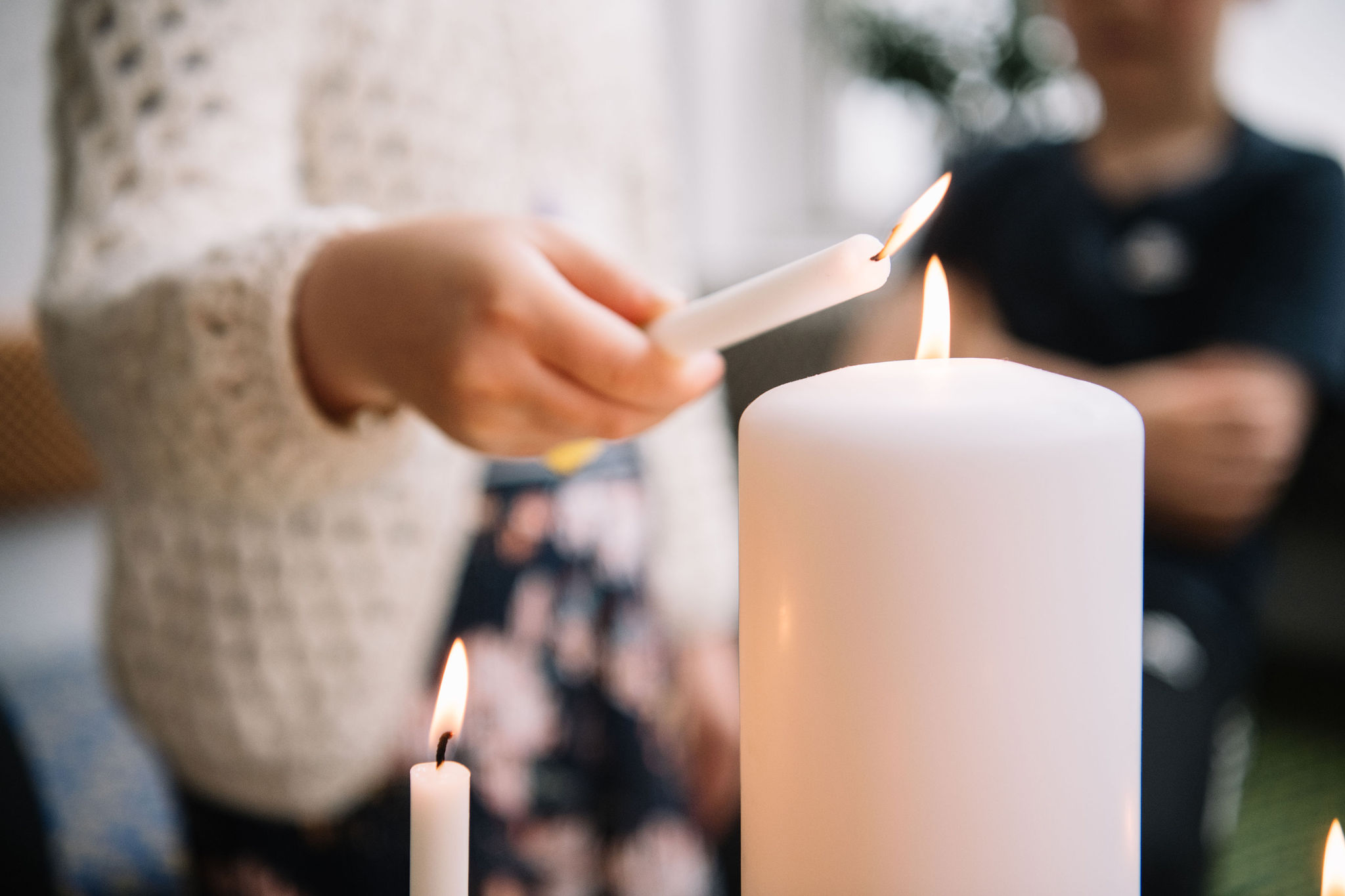
What is Berin?
Berin works to help grieving children and parents gradually become better at coping with the grief, and thereby have better chances of regaining a good and rich life, in which they develop and learn to live with the grief.
“A place where the light always gets in”
The name Berin means clearing in English. Often used about ‘a clearing in the woods’ a place where the sun always gets through. In Faroese we can also use the concept ‘sita á berajólum,’ meaning to be defenceless, unsheltered out in the open. This is a sensation that those who have lost know all too well. In addition, the name Berin can make you think of ‘at bera’, meaning to carry. If we lift it together, the burden feels lighter.
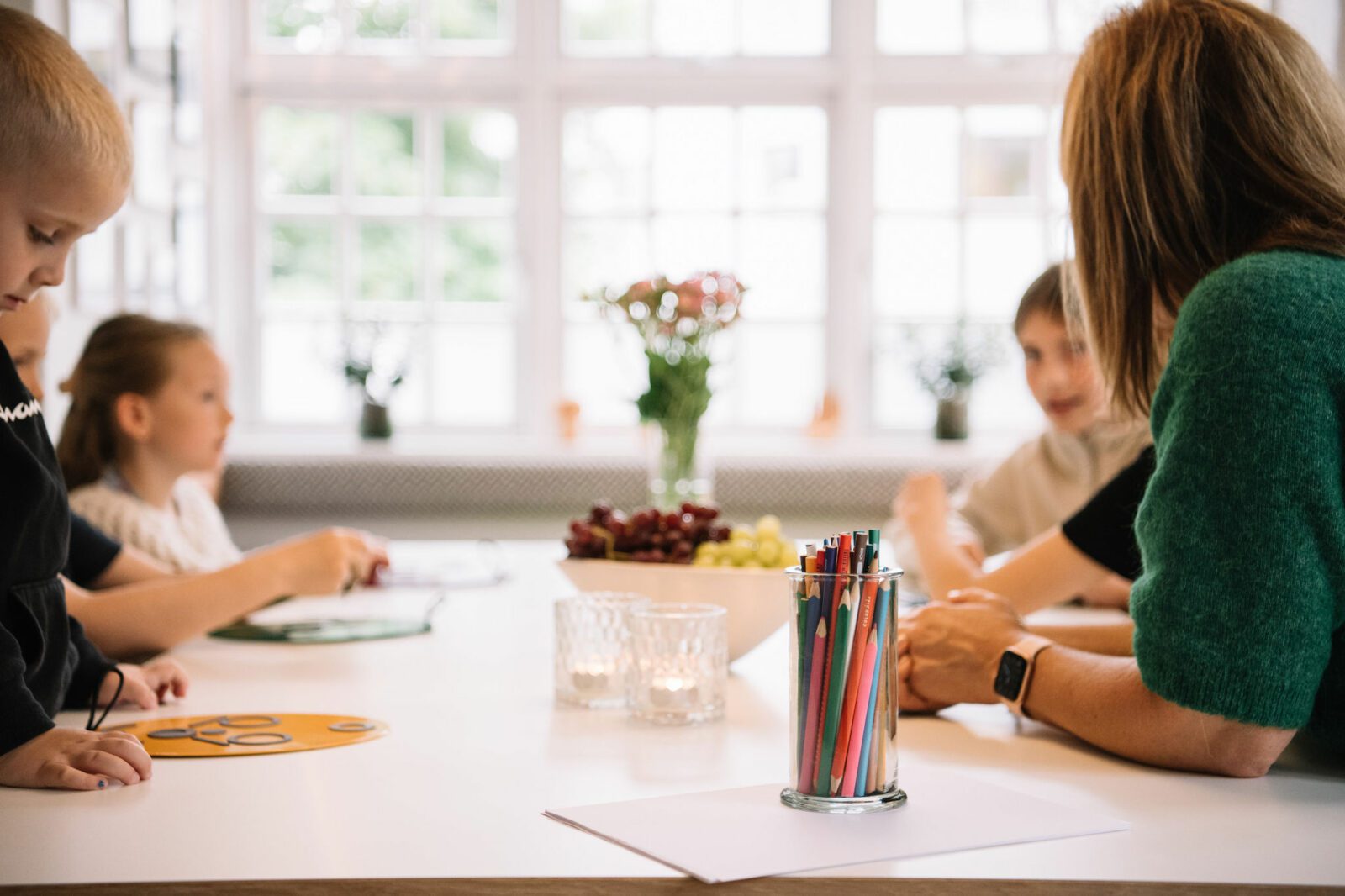
Berin offers professional support and help for:
- children and young people, who have lost a parent or sibling.
- children and young people, who have a seriously ill parent or sibling.
- parents, who have lost a child/baby
The group and counselling sessions in Berin are for:
- children and youth aged 0-29 years of age.
- parents who have lost a child from the womb and up to 29 years.
Our story
Berin’s story begins in 2002 when Anna Dalsgaard, teacher, and Jóngerð Poulsen, health visitor, through their work realise that there is an unmet need for support tailored to children who have lost a parent to death. In March 2003 they founded ‘self-help groups for children and young persons, who have lost parents.’ They designed the groups as a nationwide, interdisciplinary support measure. In august 2003 Oddvør Poulsen, pedagogue, joined them as a group facilitator. From 2004 there were four group facilitators and the offer was expanded to children who had experienced the loss of a sibling. There were also ad-hoc groups for adults. That same year a meeting of interested parties was called and from it Berin was born.
In 2014 Oddvør Poulsen was appointed manager. Her first task was to oversee a transition to a formal structure taking Berin beyond a volunteer grouping. In March 2014 a general meeting was convened and Berin was founded as an association with a board and management. The next step was to coordinate group activities and expand the support offered to include individual and family counselling. Since then we have worked systematically to strengthen Berin’s foundation and develop our work further. In 2015 the age limit of participants was expanded to youth in upper secondary education and later up to 29 years.
The following year, in 2016, the group Pinkubarnadeyði (Infant Death) with Gunnvá Højgaard Mohr, teacher and Elin Ziska, health visitor, became part of Berin. With this we also developed regular support initiatives for parents, who had lost babies. Later the offer was expanded to parents, who have lost older children. Since 2016 we have gradually worked towards also encompassing children and youth, who have seriously ill parents or siblings. From longstanding experience we knew that in case of long-term illness, the grief begins long before the loss, this is known as anticipatory grief. Over the years Berin has also built up a larger network linking to other practitioners working in the field of grief, both abroad and nationally.
In 2019 Frida Poulsen started working as a psychologist at Berin. As a teenager she lost her mother and took part in one of Berin’s groups when she was younger. Since 2002 Lív Højsted Horsdal, chartered psychologist, has been appointed on a project basis at Berin.
All these years we have worked systematically to raise awareness of the need for and the preventive and health promoting significance of this work. Another change that has occurred over these years is a shift in mentality in society, where grief has become less of a taboo.
“In the darkest moments, it is possible to look for a break in the clouds”
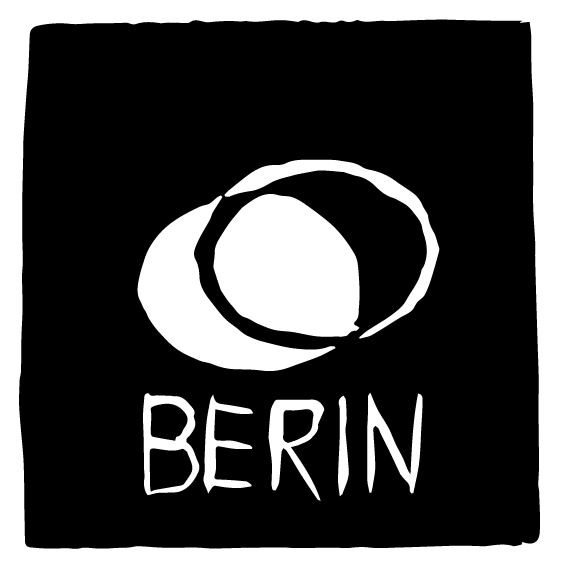
Our logo, which is a linocut by Jóngerð Poulsen, symbolises life with its light and dark sides. It is meant to remind us that even when everything looks the darkest, it is possible to look for a break in the clouds. And when everything looks bright, it is the black stripe that creates the pattern.
Berin is staffed by Oddvør Poulsen, manager, Frida Poulsen, psychologist, and Lív Højsted Horsdal, chartered psychologist. In addition, Berin is made up of an interdisciplinary team of external group facilitators with relevant degrees, skills and training in grief and crisis..
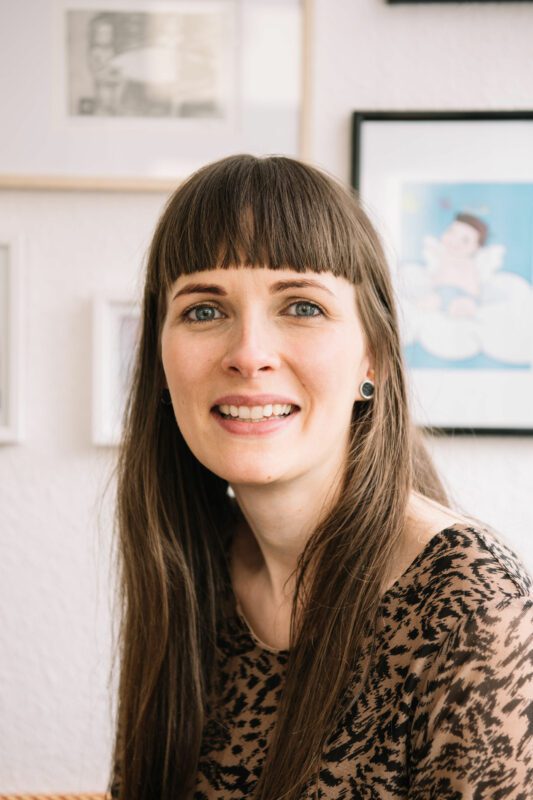
Frida Poulsen
Psychologist
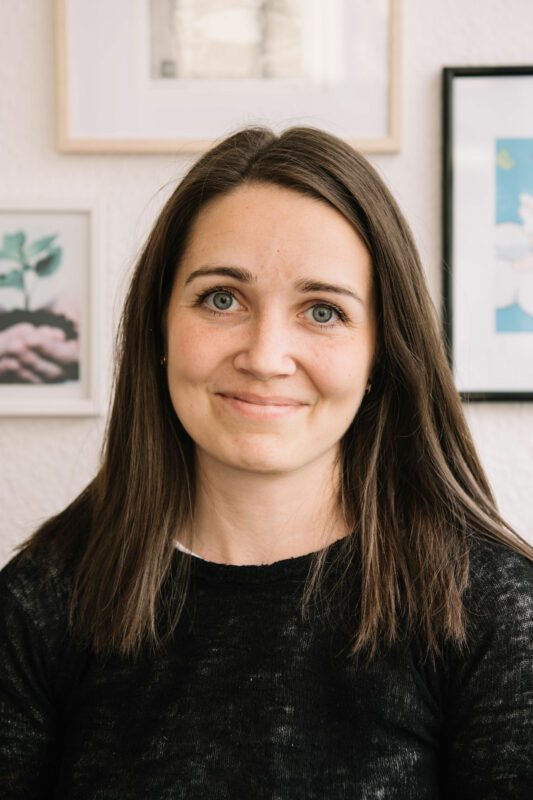
Vár Vang Højsted
Psychologist
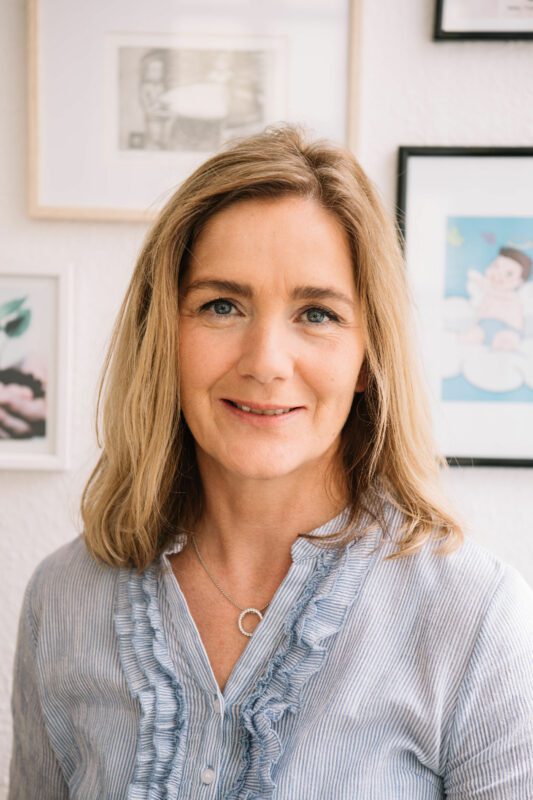
Oddvør Poulsen
Manager
At the moment around 30 children and young people are in Berin’s groups divided by age. In addition, Berin organises groups for parents who have lost a child, as well as for children with seriously ill parents.
Berin also offers guidance and advice to next of kin and people who come into contact with people who are grieving through their work, we offer this support via e-mail, telephone and one-on-one conversations. In addition, Berin works with prevention and to raise awareness, for example through regular presentations in schools and kindergartens. We also sometimes visit the school classes of children who are linked to Berin. This is to foster understanding among classmates and teachers, and we provide guidance in how they can best support the child who has suffered a loss.
‘The burden is easier if we bear it together’
It is always good to know someone who has been through the same as you. That is why Berin strives to create a community.
Family course
Every year since 2013 we have arranged an annual course at the folk high school, Føroya Fólkaháskúli, where anyone who has been associated with Berin has the opportunity to meet again and take part with their family. On the course there is scope for both fun and serious contemplation. Our very capable workshop leaders organise creative workshops that offer an opportunity to work in a different way with the thoughts and feelings that surface in the grief. There will be talks where young people and adults who have experienced loss tell their story, and experts will also shed light on relevant topics. There will also be room for fun and entertainment, including music, dancing and games.
Youth café evening
In 2015 we organised our first youth café evening. The purpose of the initiative is to enable young people to meet and talk to other young people in a similar situation. The evening is for young people aged 16-28, who have lost one of their nearest, or know someone who has, this could be a friend, class mate or girlfriend/boyfriend. The café evenings are a regular arrangement and relevant topics about loss are on the programme each evening.